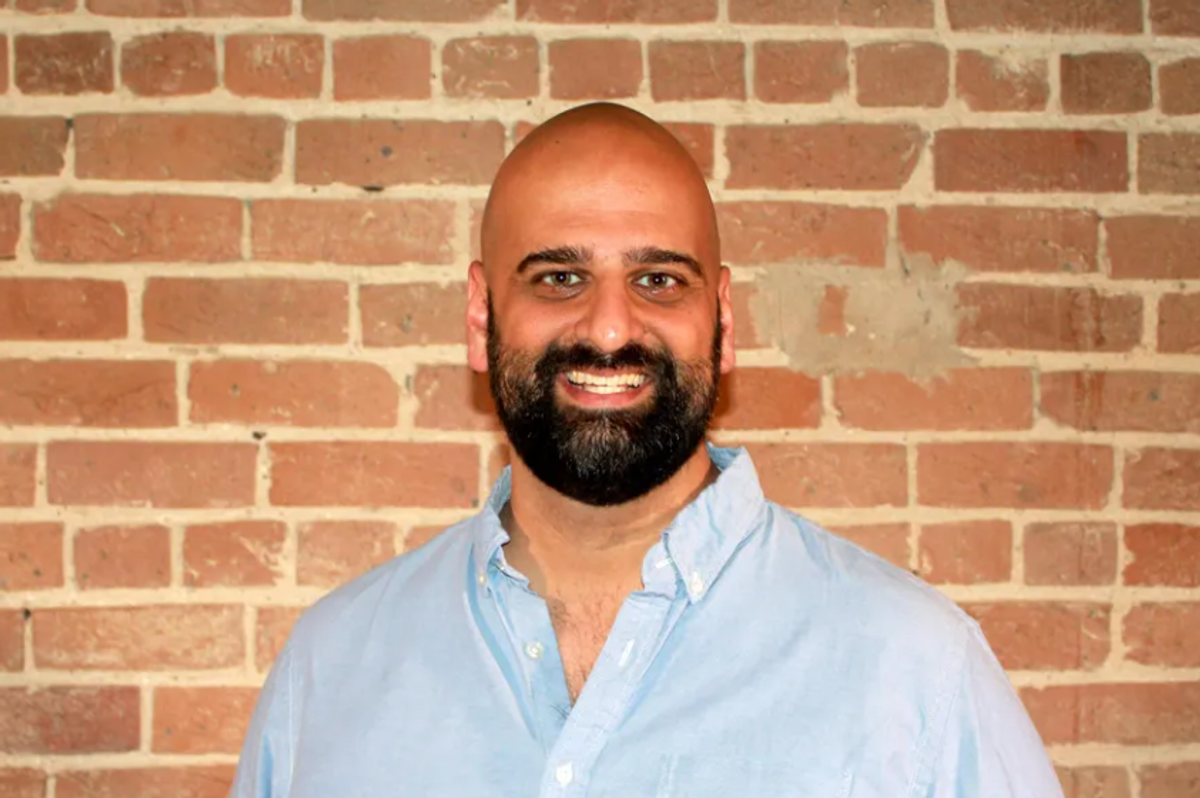Houston energy tech platform Molecule closes series B funding
energy software
Houston-based energy trading risk management (ETRM) software company Molecule has completed a successful series B round for an undisclosed amount, according to a July 16 release from the company.
The raise was led by Sundance Growth, a California-based software growth equity firm.
Sameer Soleja, founder and CEO of Molecule, said in the release that the funding will allow the company to "double down on product innovation, grow our team, and reach even more markets."
Molecule closed a $12 million Series A round in 2021, led by Houston-based Mercury Fund, and has since seen significant growth. The company, which was founded in 2012, has expanded its customer base across the U.S., U.K., Europe, Canada and South America, according to the release.
Additionally, it has launched two new modules of its software platform. Its Hive module, which debuted in 2022, enables clients to manage their energy portfolio and renewable credits together in one scalable platform. It also introduced Elektra, an add-on for the power market to its platform, which allows for complex power market trading.
"Four years ago, we committed to becoming the leading platform for energy trading," Soleja said in the release. "Today, our customers are managing complex power and renewable portfolios across multiple jurisdictions, all within Molecule.”
Molecule is also known for its data-as-a-lake platform, Bigbang, which enables energy ETRM and commodities trading and risk management (CTRM) customers to automatically import trade data from Molecule and then merge it with various sources to conduct queries and analysis.
“Molecule is doing something very few companies in energy tech have done: combining mission-critical depth with cloud-native, scalable technology,” Christian Stewart, Sundance Growth managing director, added in the statement. “Sameer and his team have built a platform that’s not only powerful, but user-friendly—a rare combination in enterprise software. We’re thrilled to partner with Molecule as they continue to grow and transform the energy trading and risk management market.”






 Sameer Soleja, founder and CEO of Molecule, has expanded his company's platform. Photo courtesy of Molecule Software
Sameer Soleja, founder and CEO of Molecule, has expanded his company's platform. Photo courtesy of Molecule Software